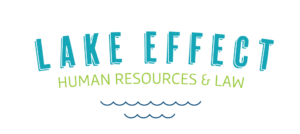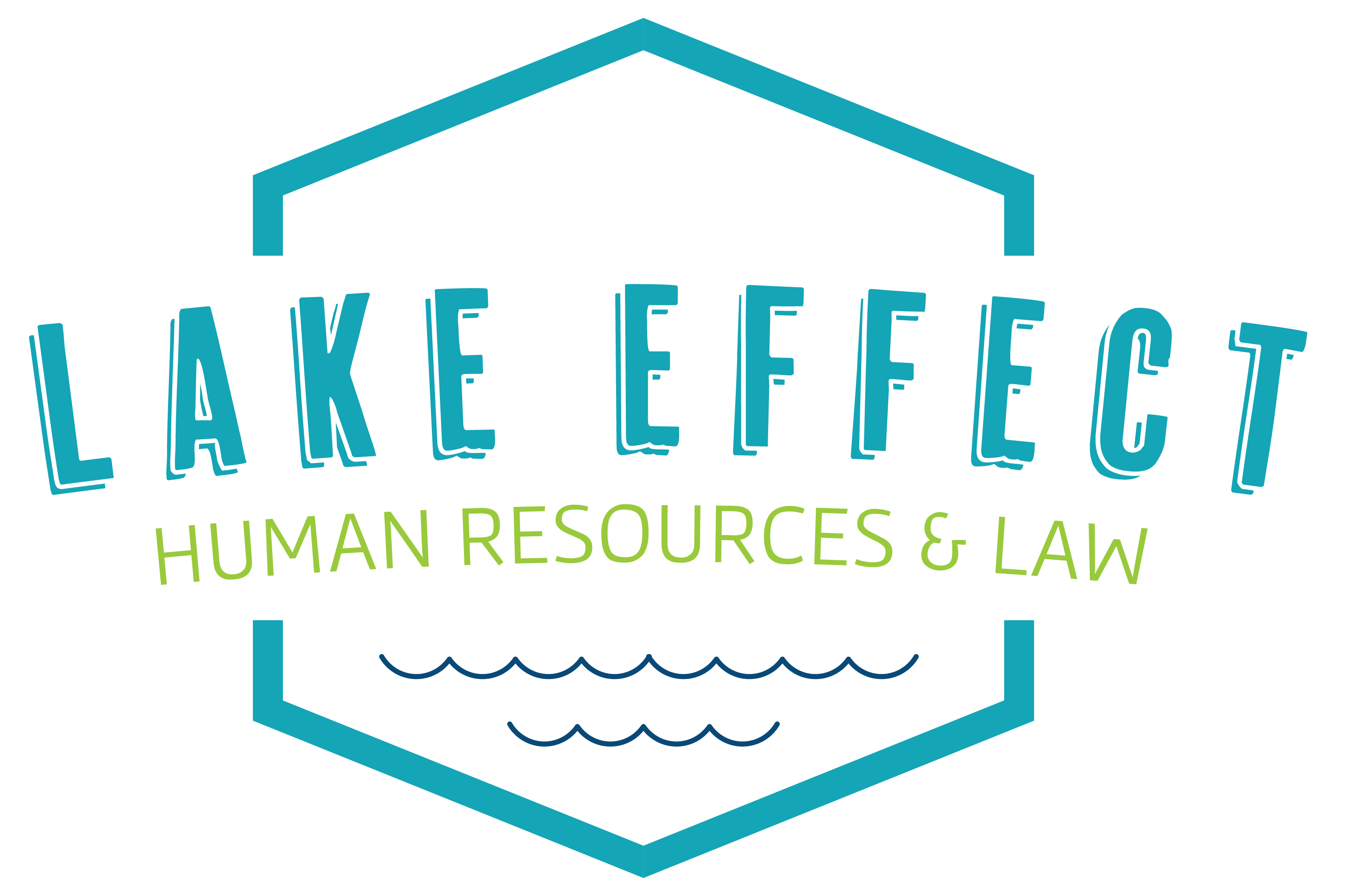Employers Beware: Your Noncompete May Violate Federal Law

NLRB General Counsel: Most Noncompete Agreements Violate the NLRA Many employers require employees to sign noncompete agreements before, during, or upon separation from employment in an effort to prevent direct competition and protect business interests. This long-standing practice faces increasing resistance from state legislatures, as well as federal agencies like the Federal Trade Commission. The […]
Employers Face New Challenges Under Colorado’s Revised Non-Compete Law

Effective August 10, 2022, employers who aim to protect business interests by requiring employees in Colorado to sign non-compete and customer non-solicit agreements will face new challenges under amendments to Colorado’s restrictive covenant law. Key provisions include the following: Post-employment non-compete agreements, including customer non-solicitation agreements, are presumed void unless all of the following are […]
IL Passes Law Restricting Non-Competes and Non-Solicitation Agreements

On August 13, 2021 Illinois Governor Pritzker signed into law broad restrictions on employee non-competes and non-solicitation agreements. The non-solicit restrictions apply to employer’s customers, as well as other employees. The new law applies to agreements executed with an employee on or after January 1, 2022. As of that date, the law bans: Non-competes with […]

